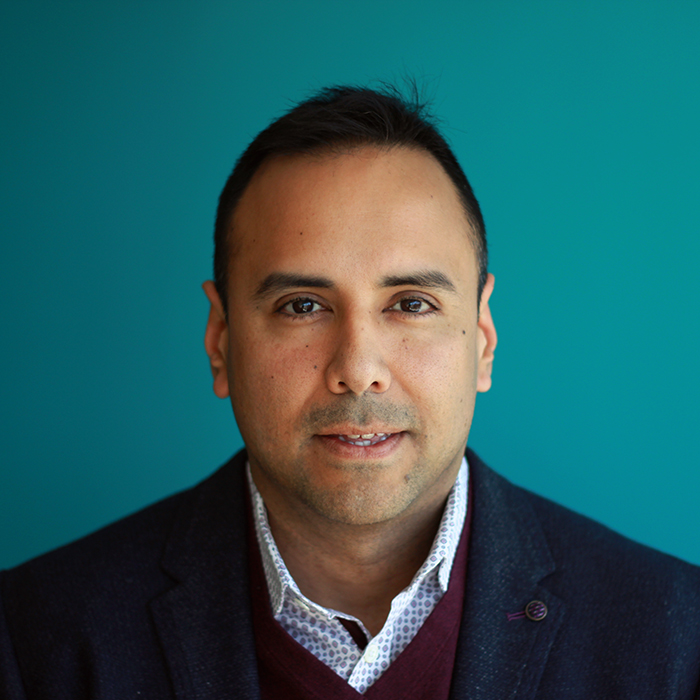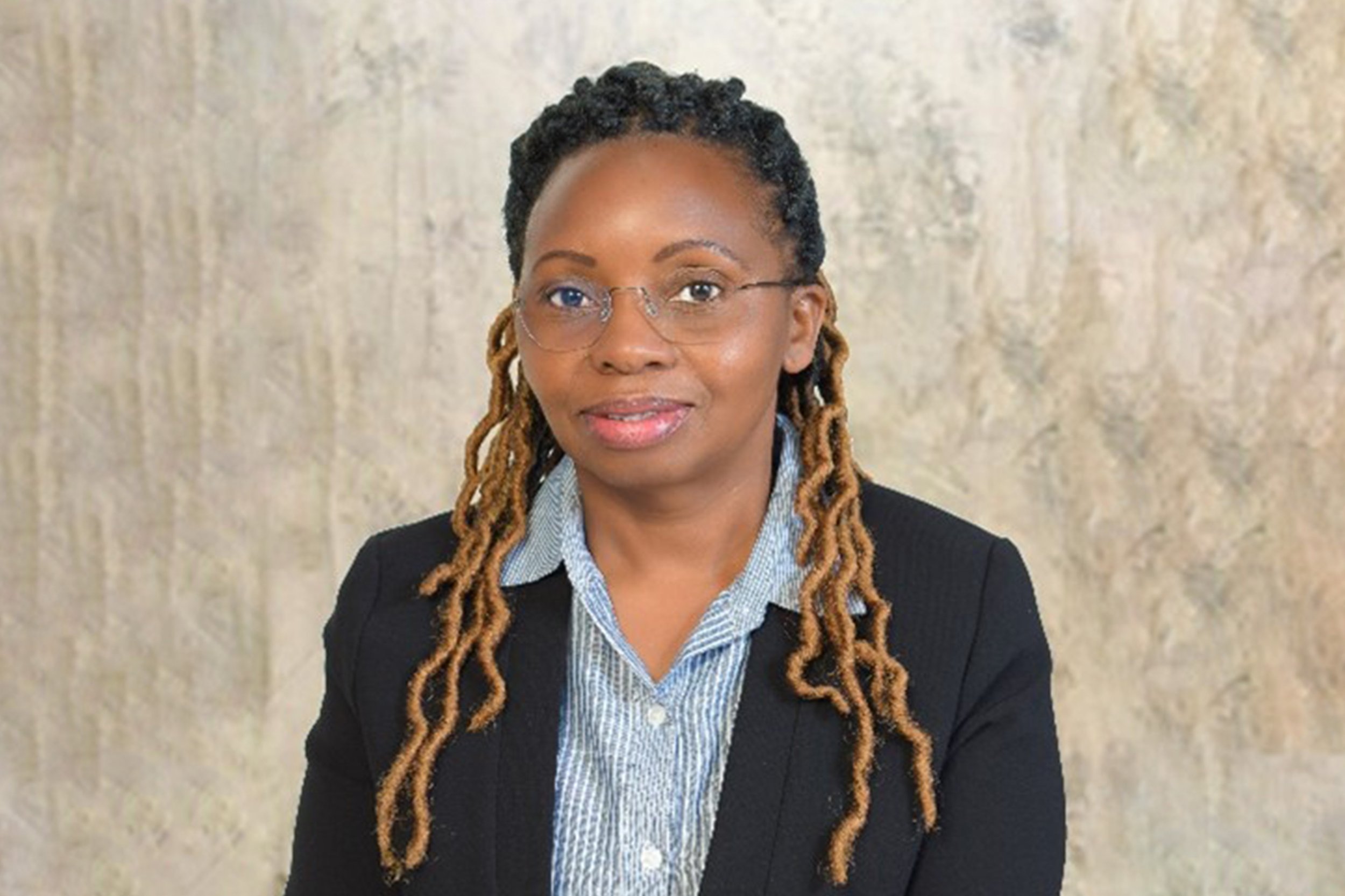The Governance Action Hub: A declaration of intentions

An opportunity to take stock
A few weeks ago, at the Tellisiviki Creative City in Tallinn, Estonia, participants at the Open Government Partnership (OGP) Summit were offered an open mic at the main square to share their frustrations and fears around the work they do. While I was there, only one person shared a personal account.
I regret not taking the chance to share my own fear of failure then.
In his remarks on the state of open government, OGP’s CEO, Sanjay Pradhan, spoke about the excitement around the innovative work led by local leaders and international partners. He also spoke of the grim outlook of democratic backsliding, loss of trust, and polarization, at a time when action on climate change is needed more than ever.
“We need to broaden our champions outside the partnership and build stronger leadership from within,” he encouraged the OGP community.
Finding how to do this in each context, and in a sustainable way that delivers results and withstands backlash, is key to properly responding to the commitment, creativity and resilience shown by local actors in very difficult circumstances. The challenges ahead should also drive us to be open to rethinking our strategies and to learn from the local stakeholders we engage with.
And maybe, just as importantly, with stakeholders we do not engage with yet. As Sanjay said, “we should not be content inside our bubble.”
Lack of confidence in the possibility of change
My circle of friends and family are not embedded in the governance or anticorruption space. They do not do research; they are not aware of OGP, EITI or other global initiatives; nor are they involved in debates of systems, political economy or technical challenges. They do, however, experience the consequences of political corruption limited technical capacity or weak rule of law, without necessarily using that terminology.
Several people I personally care about and respect doubt that the type of work we do can work. Others around me — and perhaps around you too — have limited faith in democracy. The numbers from Latino and Afrobarometer or the just released Open Society Barometer show how common this sentiment is.
R4D Senior Fellow, Daniel Kaufmann, and I also saw this pessimistic outlook among our peers in a global survey we administered in 2021, albeit more focused on natural resource governance. Many have a clear sense of the reforms that are needed, but consider the likelihood of these occurring to be much more limited.
If the people who work on governance issues themselves are not convinced change will happen, how can we expect others to believe so?
And yet, if we are to be successful, if we as a community of local stakeholders, global partners, government, private sector and civil society are to have impact through meaningful and sustained governance reforms and less corruption, we need those who do not believe change is possible to be on board too. Maybe especially them.
Collective action is key to change; but do we know how to do it?
There has been a positive trend over the last few years in the governance space, and in international development in general, towards forming coalitions and multistakeholder groups. Regardless of why — whether to address coordination failures, strengthen social contracts, or overcome political economy constraints — there is a recognition that the realization of a common objective requires coordinated effort.
Collective action models, and particularly coalition building, are at the root of numerous impactful initiatives, from Share Trust’s Local Coalition Accelerator, to Accountability Lab’s Civic Action Teams, to the Open Government Partnership.
However, the platforms, coalitions or alliances that collective action demands are not easy to build or sustain. Sometimes they are not broad or inclusive enough. Other times, they are not focused on action or solutions. They might not coordinate with other initiatives, local or global, that could increase their impact.
Take what is arguably the biggest challenge of our time — climate change. In the governance space, most of the discussion has focused on the need for a just energy transition, with too little attention paid to the concrete challenges of climate change to local communities and how to overcome them. If we engage more citizens at the grassroots level in solutions to challenges emerging from the consequences of climate change, we could secure the kind of action and trust needed to address climate-focused concerns through agency. This is the kind of transformative justice we need.
To be clear, big government/private sector commitments and significant donor funding, such as through Just Energy Transition Partnerships (JETP), are needed. But the real battle is at the local level and will require the engagement of a broad spectrum of actors in society, from environmentalists to human rights protectors, private companies and local governments. We need broader engagement not just to diagnose the problem or bring about grievances, but to pursue common objectives and solutions to challenges along the way.
And yet, even if we get those coalitions right, success is not guaranteed. Coalitions are fragile, especially in environments of low trust, or where past efforts to spur participation have faltered. They need to show results to their members and to those outside the coalition who are still hesitant to participate. They require an ecosystem in which they can thrive and show that change is not only possible, but sustainable.
Why a Governance Action Hub?
We decided to create the Governance Action Hub as a space for stakeholders with different perspectives, and those hesitant to participate in existing governance reform efforts, to be part of solutions to the challenges they face and to pursue goals they collectively deem important.
We see a need to strengthen and inform existing efforts by broadening local and global coalitions, and to enhance the coordination between local and global action.
We see emerging, but insufficient efforts to seize local creativity and engagement in solutions, building on local ideas generated through interaction and active participation.
We, at the global level, have gotten much better at seeing the importance of collective action and local coalitions, but struggle to collaborate among ourselves because of the way the international aid system is structured. The Governance Action Hub aspires to be a partner to local stakeholders and global actors working to promote collaboration, better coordination and more inclusivity. We want to inform localization efforts by broadening opportunities and capacity of local stakeholders to connect and engage with global action.
Ultimately, we want to show what is possible in governance reform.
We believe a small but nimble player like the Governance Action Hub can show alternative and useful pathways to larger, better funded actors in our space, informing the next generation of governance and anticorruption strategies.
Why do we call ourselves a Governance Action Hub? Because we are a space connecting different people and different networks (a hub), focused on targeted action that complements or strengthens existing efforts; and that understands governance as the ecosystem needed to achieving common, desirable, societal goals.
The Hub is led by Results for Development and is aligned with R4D’s mission, working with change agents around the globe to create self-sustaining systems that support healthy, educated people. We sum up our approach in two words that have become our motto internally: Audacity and humility.
We need bold thinking and new ideas. And we believe in the power of coalitions to support citizen action and elicit positive change.
But our goal is not to build coalitions. Instead, we see ourselves as a partner that can show what is possible through coalitions by brokering knowledge, tools and networks. We will do this through the support and information-sharing of networks, pooling funds with other international and local partners to strengthen governance systems and voices, and demonstration effect pilots. Overall, we will support the development of an ecosystem that strengthens existing coalitions, and plants the seeds for new ones.
Our pledge, and a call for action
The Governance Action Hub is, first and foremost, a small and diverse group of citizens with roots all over the world that want to do things differently, and who recognize that we do not have all the solutions.
To those of you who do not believe in the prospect of better governance and less corruption, we hear you. We want to explore, with you and others, what is possible by elevating and supporting your ideas through collaboration and exchanging ideas.
To those of you working in international development organizations, big or small, global or local: If you would like to explore alternative ways to overcome governance challenges, but your current strategy or program obligations do not allow you to explore new ideas and approaches: join us in this exploration, let’s partner up.
Our commitment to you is that we will live by the mission of supporting local agency and more effective collaboration. We ask you to keep us accountable to that commitment over time.
Our initial strategy will include country-specific engagements that will prioritize action at the subnational level. In parallel, we will progressively build a global community focused on local ideas. But our specific actions over time will always be rooted in our mission.
We can’t wait to hear from you and to shape our work together over time. Contact the Hub at GovActionHub@r4d.org and learn more about this initiative here.
Bringing it full circle
If I had the courage to take up the microphone at that square in Tallinn, I would have probably shared my fears regarding the pessimism around us. The outstanding efforts by local organizations around the world highlighted at the OGP Summit are grounds for optimism. Yet, optimism must not lead to complacency, but rather to an exploration of how, collaboratively we as a community, we can have larger and more lasting impact.
I would like to finish by thanking both the BHP Foundation for initial funding towards our vision, and Results for Development’s leadership for the trust they’ve placed in us. We have an opportunity to push the frontiers of what is possible in governance reform. But we cannot do this without you.
Join the Governance Action Hub October 11 for our launch event. Let’s get started.
Join the Governance Explorers
We are bringing together a global network of people eager to rethink governance and influence local, national and global debates.



